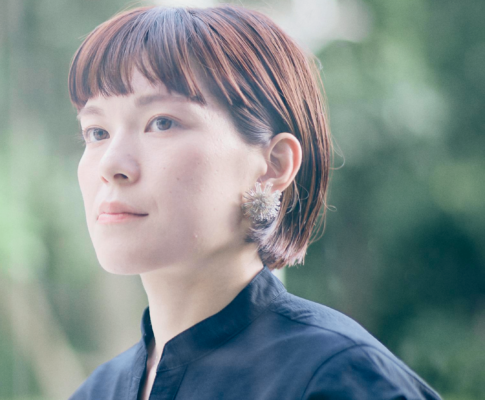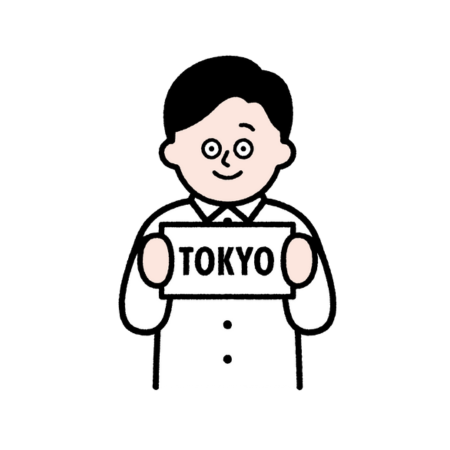目次
- “Want to master tennis” The road to tennis that he met at the age of 4
- Understand each other’s feelings with a high-five
- I never go back on my words
- Turn the pressure into a tailwind. The first Deaflympics to take on the world
- A life-size 23-year-old with many hobbies
- “Enjoying the festiveness” together!
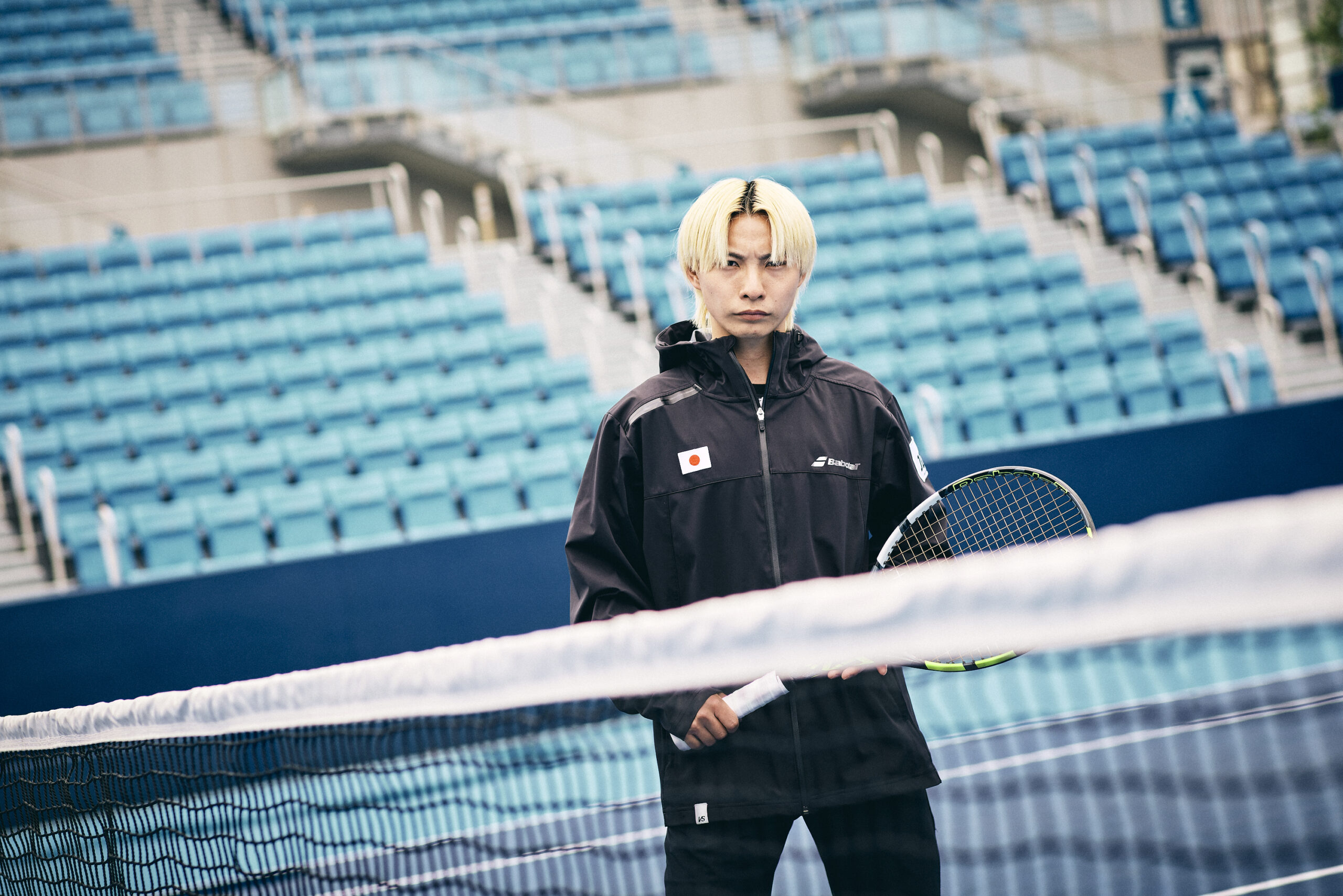
Fuga Miyagawa
Born in Kanagawa Prefecture in 2002. Belongs to Fujino Kikaku Co., Ltd.
He has congenital hearing loss and lives with hearing aids. In high school, he started playing tennis at an early age and enrolled in Salyut Tennis College, which specializes in tennis. At the age of 20, he embarked on a career in deaf tennis, winning the singles title at the JDTA Championships for the second year in a row starting in 2023. At last year’s “Deaf Tennis 2024 Global Challenge”, he teamed up with his sister Yuria Miyagawa to win the mixed doubles title without losing from the preliminary round.
Currently, he is the chief coach at Mizuno Sports Plaza Fujisawa SST, where he spends his days devoting himself to tennis. No. 1 athlete in the JDTA Men’s Ranking. Under the name of being the strongest in Japan, he aims to perform well at the Tokyo 2025 Deaflympics.
“Want to master tennis” The road to tennis that he met at the age of 4
――Are you currently balancing training with work every day?
Yes, I am training while coaching at a tennis school in Tsujido, Kanagawa Prefecture. I inevitably touch the racket and ball every day, but during the day, my lessons are the main focus, so I devote my spare time and the morning hours before the lessons start to my own practice and training. I have a really limited amount of time, so the key to my daily practice is how much I can concentrate on it. I set a target on the tennis court and practice strokes with the intention of hitting the target with one shot. I also have a training camp once every two months, so I have plenty of time to practice there.
――When did you start playing tennis?
When I was 4 years old. My brother, who is two years older than me, was learning tennis, and the coach at the school asked me if I would like to try it with him. I was so young that I don’t remember much about those days, but I’m sure it was fun as a child, and I wanted to continue playing. In high school, I enrolled in a school called Salyut Tennis College, which specializes in tennis.
――Did you have a desire to master tennis in the future?
Yes I did, but I was very bad at studying in general in elementary and junior high school. (laughs). At the high school I attended, reports were submitted by correspondence, and there was a test once a year. I was able to graduate if I cleared it, so I was able to devote myself to tennis for three years.
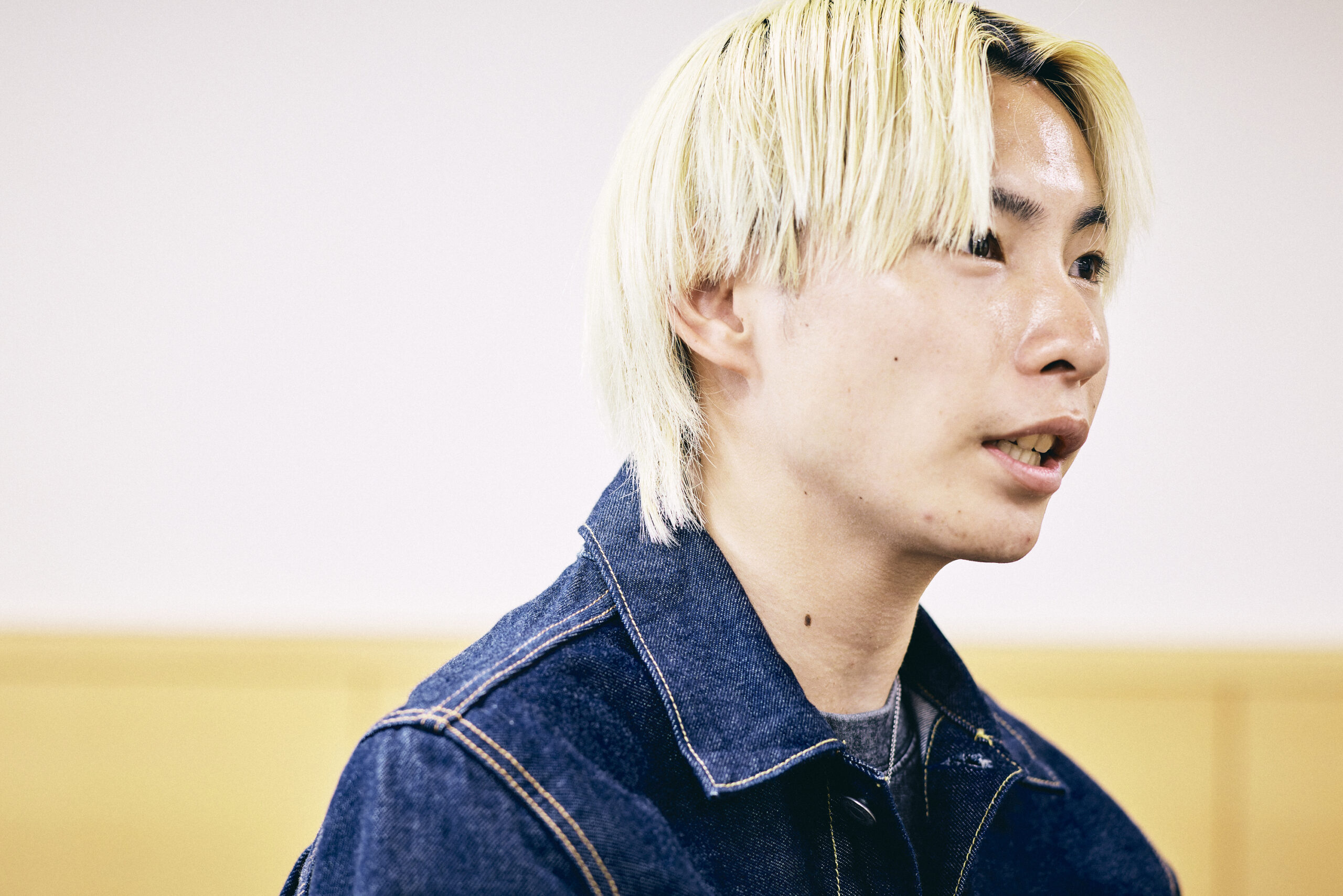
――You’re not good at studying, but you’ve been playing tennis for a long time. When did you start playing deaf tennis?
I started playing deaf tennis when I was 20 years old, so it was three years ago. The first time was when my sister, Yuria, who was already playing deaf tennis, asked me to pair up with her in the mixed doubles.
――When did you feel that you might be able to aim for the world?
To be honest, when I started playing deaf tennis, I didn’t think I would be able to compete on the world stage. I was like, “My sister invited me to give it a try,” but last November, there was the “Deaf Tennis 2024 Global Challenge”, the first international deaf tennis tournament in Japan, and I won the mixed doubles with my sister. I lost in the singles and doubles, but in the mixed doubles, I felt that I might be able to compete in the world, and that was the first time I felt a huge satisfaction.
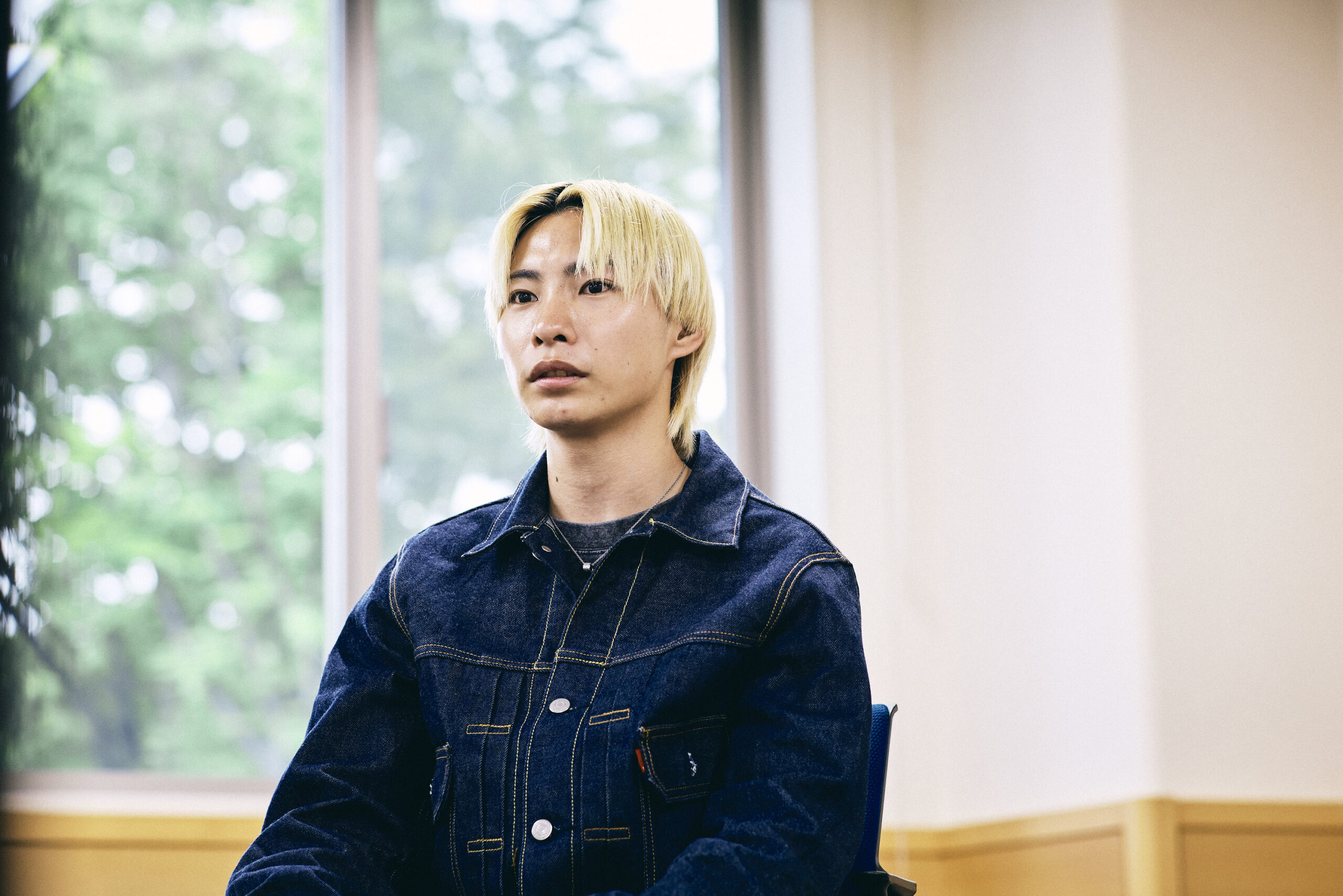
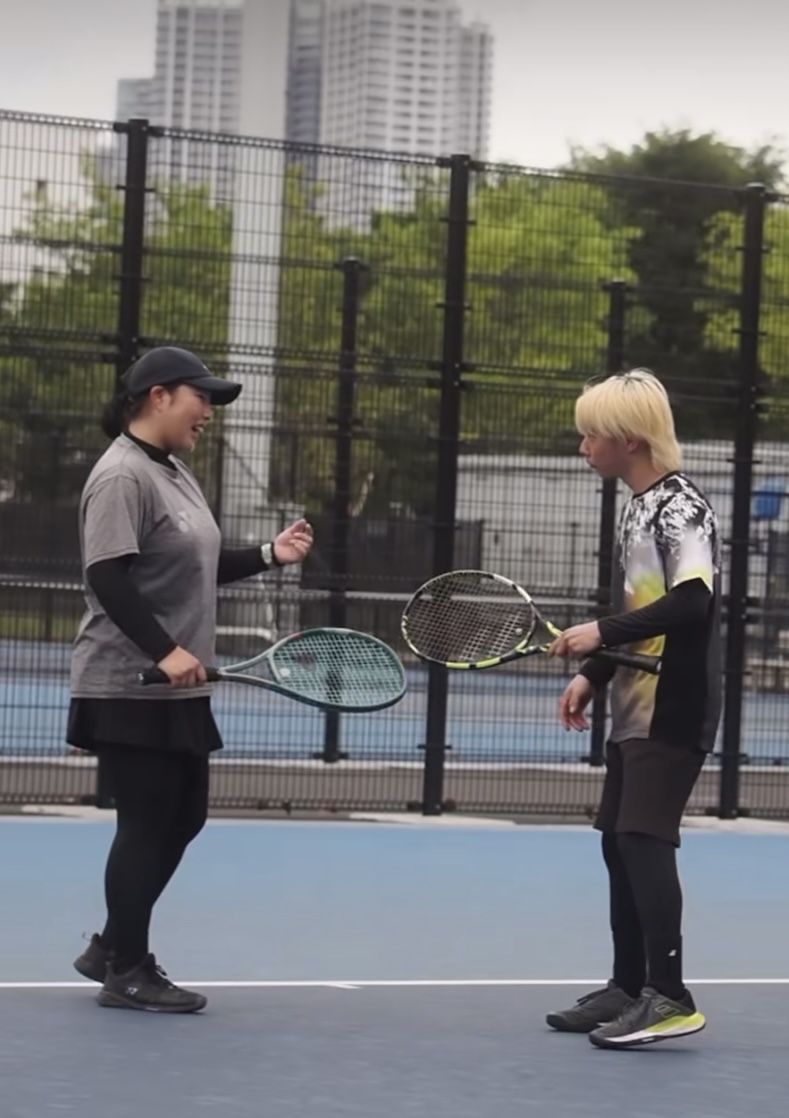
who has achieved results both at home and abroad
Understand each other’s feelings with a high-five
――As you play in both singles and doubles, what do you find appealing and fun about it?
In the case of singles, it’s quite a sloppy match (laughs). It’s hard to score one point, and sometimes the rally lasts for about three minutes, so it’s already a game of endurance. But in that rally, when I scored a shot that my opponent couldn’t return to where I wanted it to be, it felt really good. I think that coolness will make the viewer get excited. On the other hand, in doubles, one point is decided quickly, and if you hit a serve and the opponent returns, often the next volley decides the match. That’s why it’s attractive that it’s easy to bring in a powerful volley and create a show in a match that ends in an instant.
――If you had to play singles or doubles, which do you prefer?
I prefer singles. I like to play with strokes, which is one of my strengths. When it comes to doubles, it’s a little unsatisfying that it’s over in an instant. In singles, I like to take points from the development from a stroke to a drive volley. A drive volley is a shot that spins and hits with no bounce against a lob shot (a loose ball in a loose pile) , but the opponent moves with the stroke, and when the opponent hits the lob shot, you immediately step forward and hit it directly. Scoring points with this is ideal.
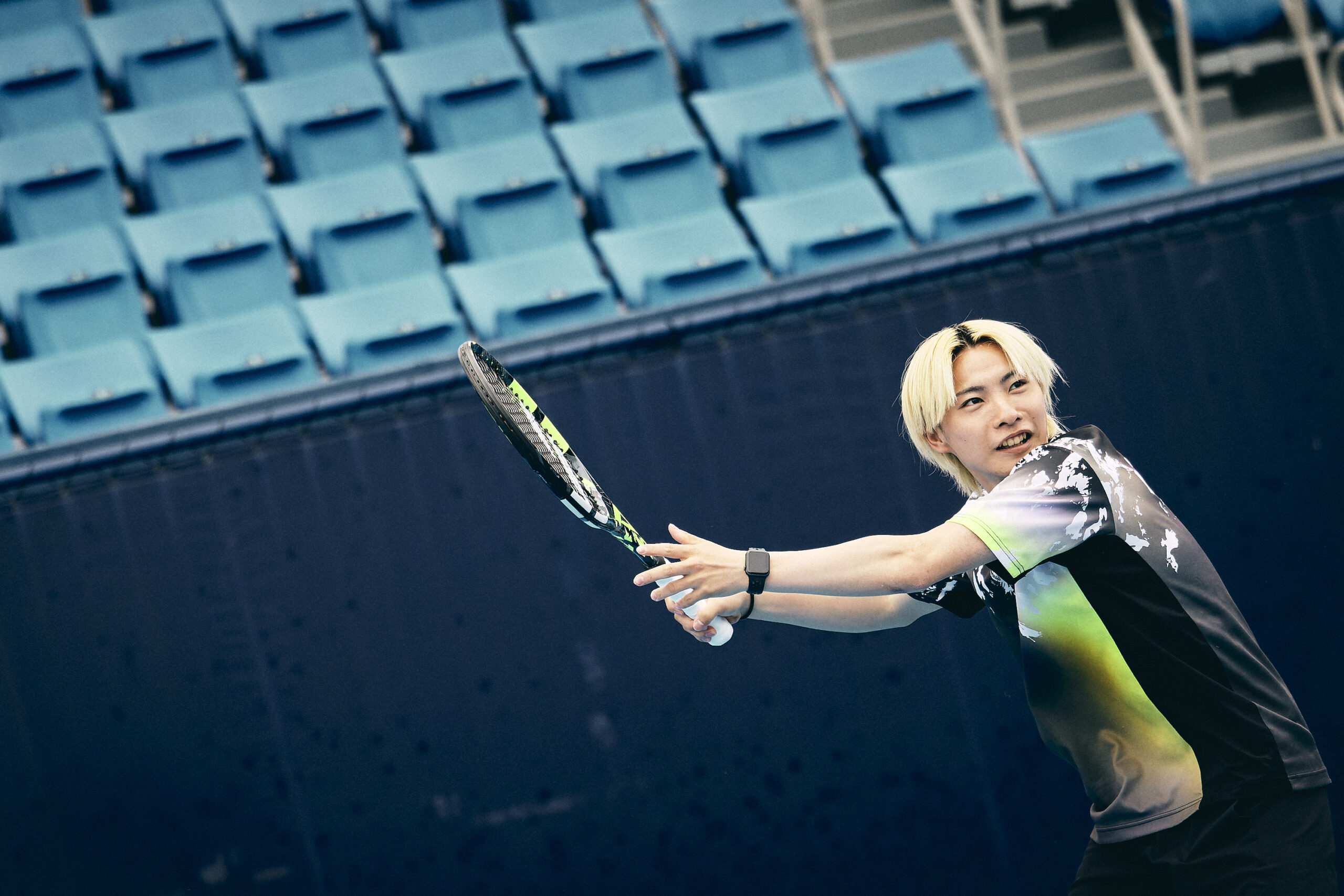
An exhilarating sound resonates along with high-speed strokes
――I would like you to see that scene at the Deaflympics. You can’t wear hearing aids during the tournament, but with so little information about sound, what do you keep in mind?
In tennis, the time between points (the time between the moment a point is decided and the time between the next serve) is basically 20 seconds. In singles, we don’t pay much attention to it, but in doubles, it’s important to be able to communicate instructions on what to do next in a concise way between pairs. If the opponent is a Japanese athlete, if you use sign language, the strategy will be revealed, so we will communicate almost exclusively by lip-syncing. However, if you do it for a long time, you won’t know what you’re talking about, so I try to be “super concise”. But the truth is that there are so many things I want to talk about, and that’s frustrating.
――You need to have a relationship of trust with the person in your pair, or be in sync with each other.
That’s right. That’s why when I’m paired with an athlete other than my sister, sometimes I can’t communicate well. In such cases, I just tell them the course for the time being, and I try to move according to the movements of the athlete in my pair.
――Your sister Yuria is also a member of Japan’s deaf tennis team, what is it like to pair up with a brother and sister? As you don’t have to hold back because you trust each other, doesn’t it create an acrid atmosphere during the match (laughs)?
It does (laughs). There are times when we disagree, or when my sister gets angry at me for my mistakes. Of course, we don’t fight on the spot, but when she is angry, it hurts a lot when we high-five between points (laughs). On the other hand, I also do the same, so we can tell that we are both angry at each other.
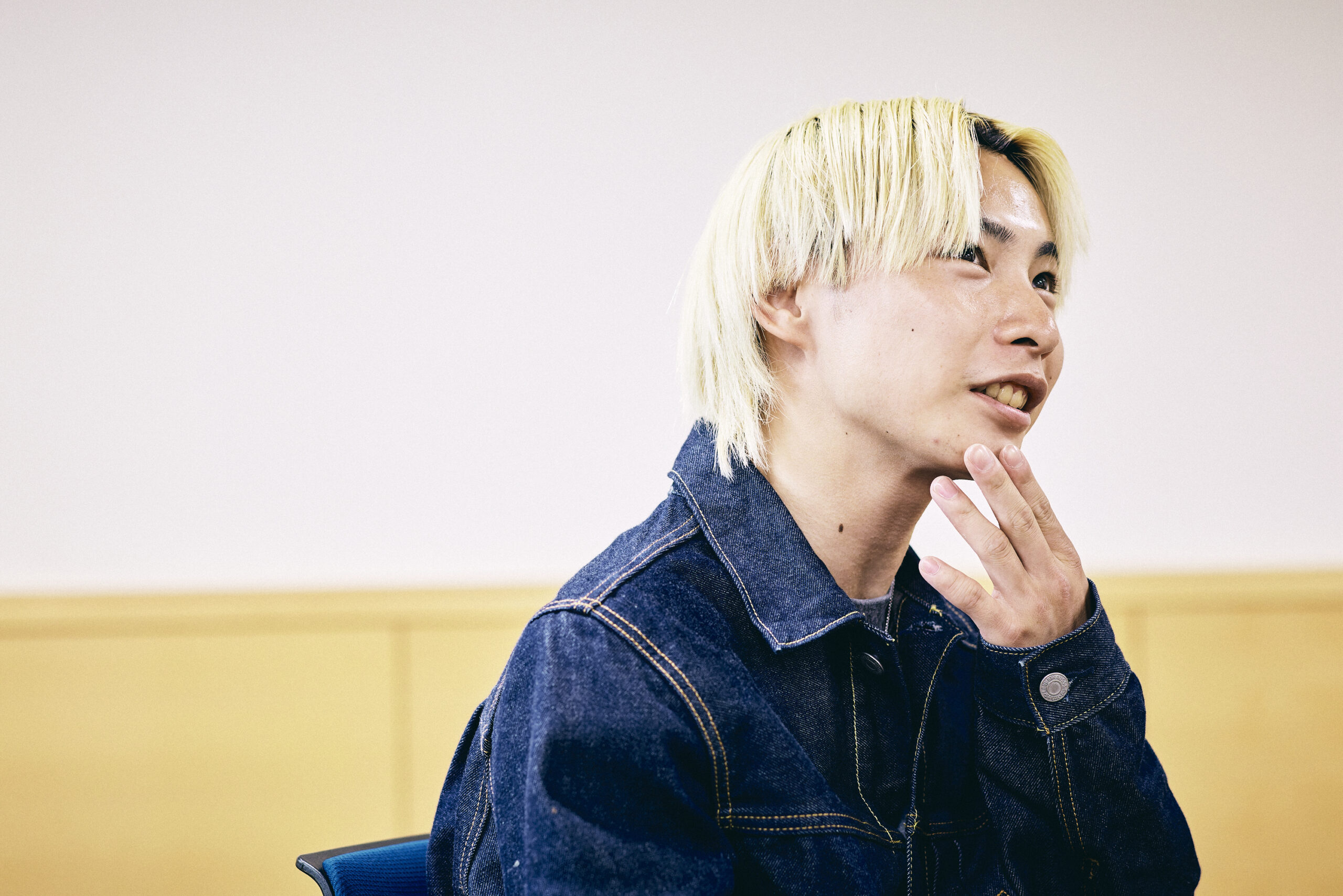
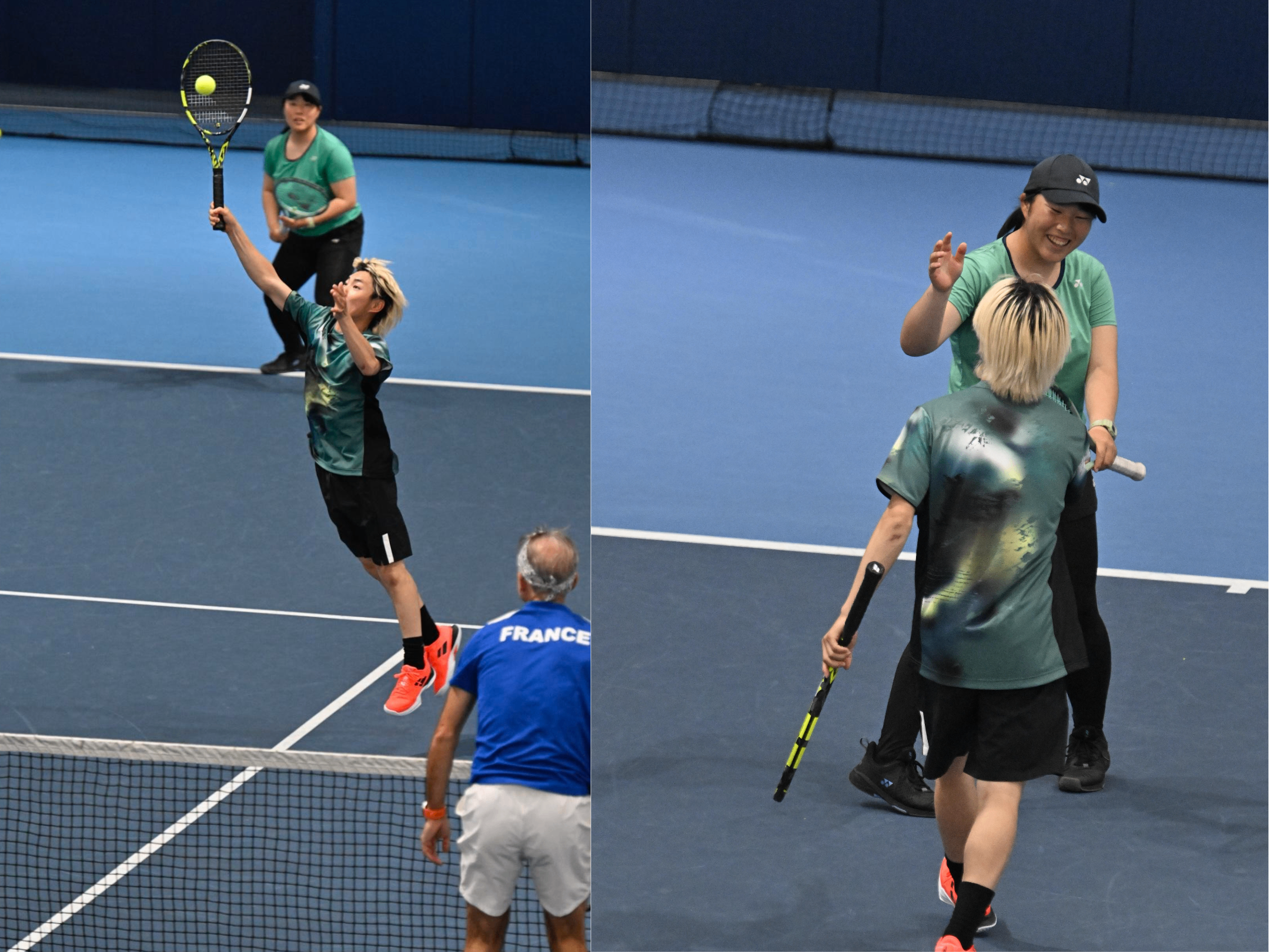
――When you watch a match with your imagination up to that point, it’s another kind of fun (laughs). What does your sister mean to you?
We hardly talk in the house (laughs), but we know each other’s personalities and know how much we can step into. I feel comfortable being paired up. In a way, we may be a good pair. At the same time, I respect her. When it comes to tennis, she really works hard. She trains hard every day, and when she is taught a new menu at the training camp, she takes notes immediately. I really admire the way she always take things seriously, and I really respect her.

I never go back on my words
――Is there a match that has left the most impression on you so far in your competitive career?
There are two matches. The first is last year’s Global Challenge. France was the strongest team among the countries that were playing at that time, and the other Japanese athlete and I lost in both singles and doubles. All that was left was the mixed doubles with my sister, but I claimed the title by beating France. I’ll never forget the moment I won. The final was a close match, but I think the reason for the victory was that I was able to play calmly and not be strangely nervous at the last match point. Another memorable match was when I was about 10 years old, when I was in a doubles match and my teammate’s serve hit me hard in the back of the head. I was surprised at that time, and it left a big impression on me in another way (laughs).
――I see (laughs). In the Global Challenge, you said that you weren’t nervous during the crucial moments of match point, but are you mentally strong?
I wasn’t always strong, but when I was in high school, I was immersed in tennis from morning to night on weekdays, so I think I trained myself during those three years. In a tennis match, the longer the match lasts, the more difficult the situation becomes, so I do a lot of push-type training. One of the hardest trainings was the line touch, and there was a practice method where you had to sprint back and forth 10 times while touching the line of the court, such as the sideline and center line, and then hit the ball with your hand at the end. If I make a mistake in that last shot, I will do the same thing again from the beginning (bitter laughs). My training is quite intense and rigorous, but thanks to this kind of training every day when I was in high school, I didn’t break down emotionally when I was pushed in a match. In a good way, I was no longer nervous.

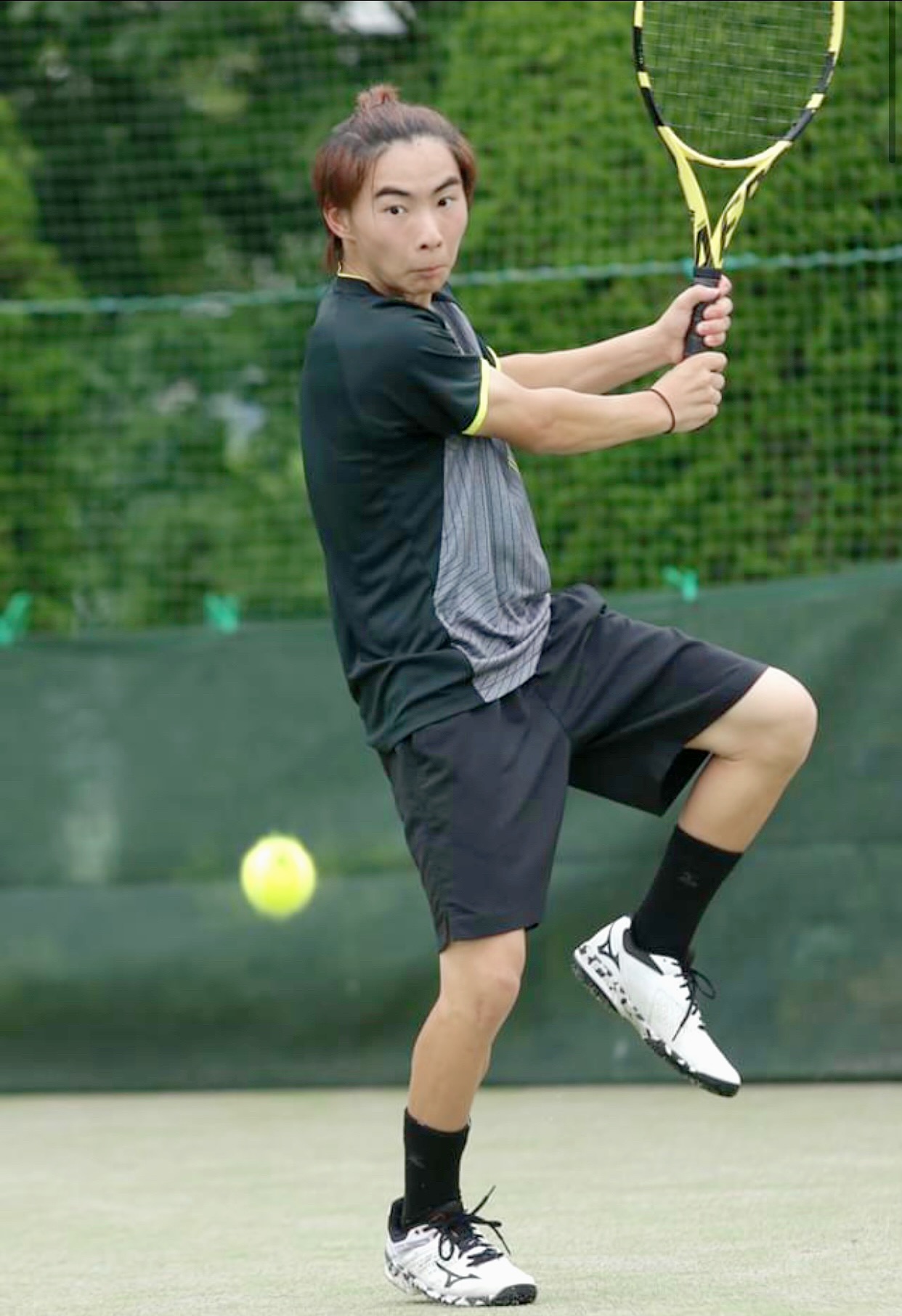
――Did you ever want to quit tennis?
Yes I have. There have been many times when I haven’t been able to achieve the results I wanted in a match, and I seriously thought that I should quit because I thought that “I am not cut out for this after all”. There were a lot of hard times, but in the end, I couldn’t quit because it was fun to do.
――When you feel depressed because you want to quit, how do you motivate yourself again?
I’m the type of person who can do it all by myself, and I like anime, so I look at that collection of quotes to lift my spirits. That may often make me feel positive, saying, “Okay, I’ll try again.”
――I see. Could you give us an example?
Well, let me see (laughs). If I had to pick one, it would be, “I never go back on my words. That’s my way of ninja.” It’s a word that appears in “NARUTO”. I’ve been playing tennis since I was a child, so it’s my favorite word that pushes me to do my best without bending my beliefs.
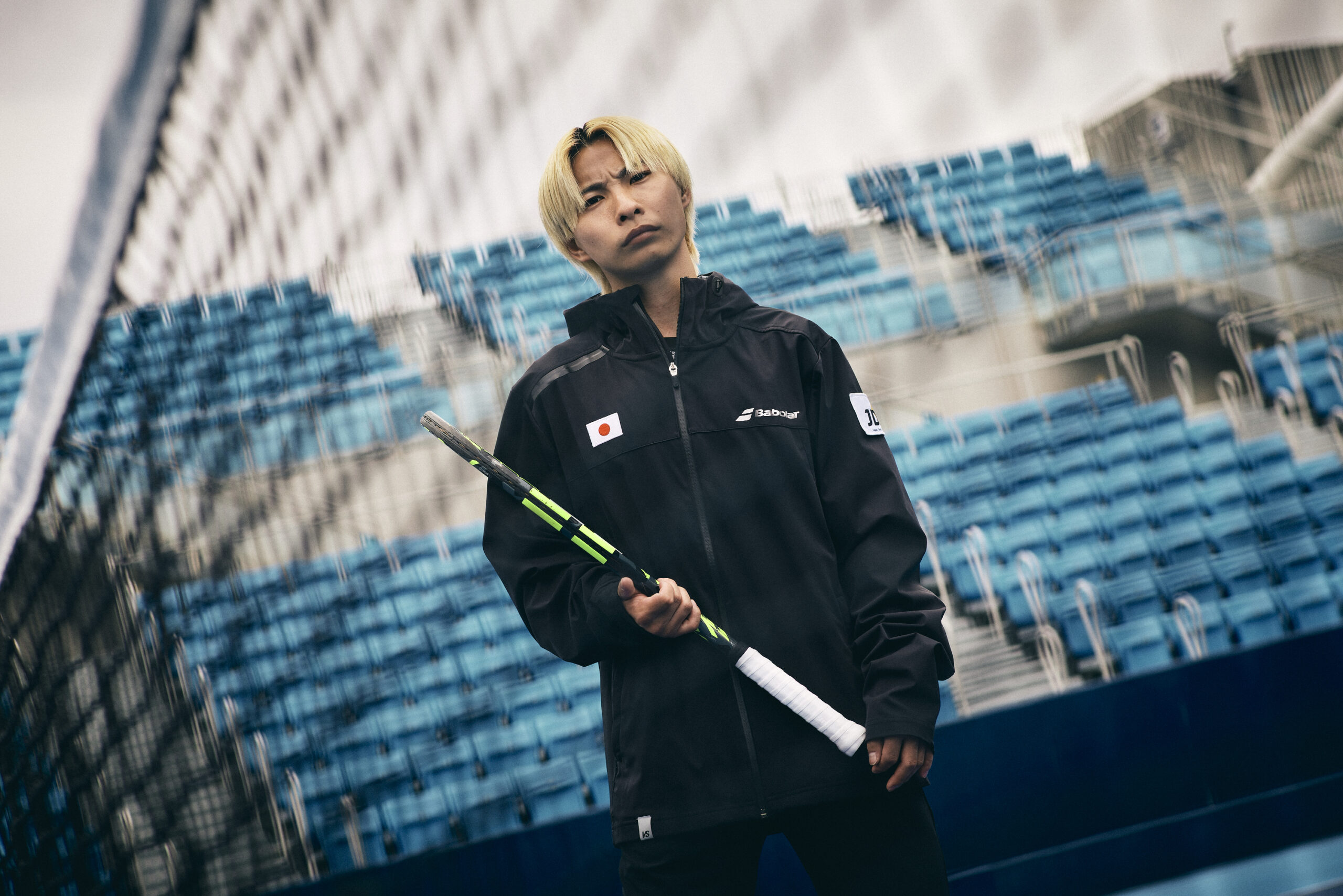
Turn the pressure into a tailwind. The first Deaflympics to take on the world
――You were selected to represent Japan at the Deaflympics for the first time, but please tell us your honest thoughts when you were selected.
When I first heard about it, I thought, “Oh my God” (laughs). To be honest, I felt a little bit of pressure because I felt a sense of responsibility to work harder than ever to make up for the athletes who were not selected this time. But since then, I’ve gradually increased my training menu, and I’m now able to practice with a load that doesn’t cause stress, so I think it’s a good pressure.
――At the Polish Deaf Tennis Open 2025 held in Warsaw, Poland in April, you experienced your first overseas tournament. Did this give you momentum for the Deaflympics?
Yes. At that time, I was in the last 16 for the singles and in the last four for the doubles. Japanese women athletes are able to compete on the world stage, but there are not many international deaf tennis tournaments in Japan, so the men’s athletes are not used to playing against overseas athletes. Overseas athletes have good physiques, and their style of offence is completely different from those of Japan. Japanese athletes are small, so their strokes are the main focus, and when they see an opening in the opponent, they dive forward and aim for a goal, but overseas athletes will hit the ball from the back. We are often overwhelmed by it and lose. In the end, I also lost, but I tried a pattern of finding a point that seemed to be difficult to hit that was the opponent’s weak point, returning it once, and in the meantime, regaining my position and bringing it into my own development, and it worked quite well. It was a fruitful tournament in the sense that I was able to realize how to win and how to get a set if I did it this way. Based on this experience, I try to increase the number of similar pattern training in preparation for the Deaflympics.

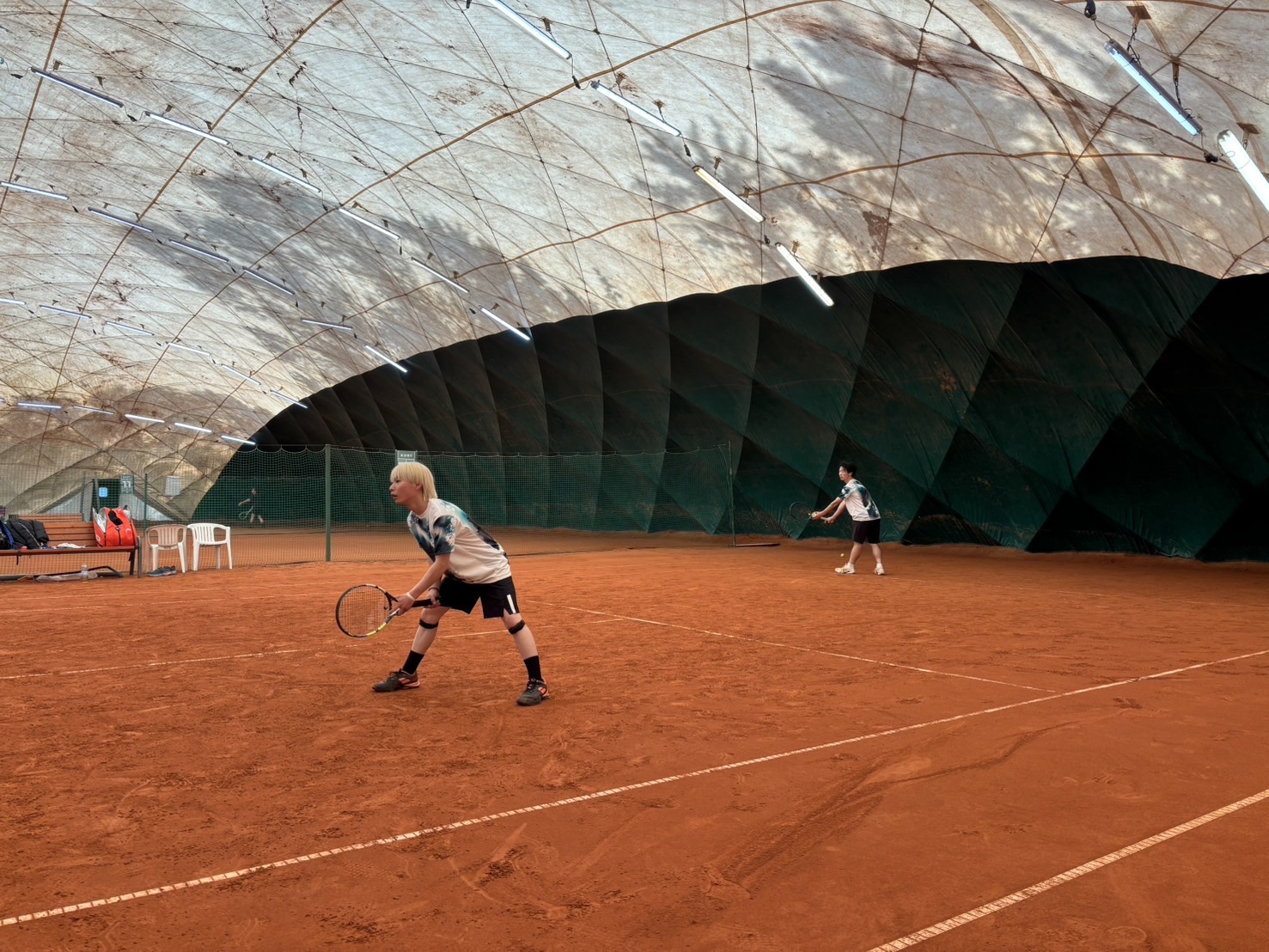
This experience will surely lead to the Deaflympics
――At the Deaflympics, I think there is a great chance that you will face a strong team. Is there any athlete you don’t want to lose to at the moment?
France’s Olivier Grave and Mikaël Laurent. We didn’t play against each other in Poland, but we lost in the singles at the Global Challenge, so I want to get revenge in the same singles at the Deaflympics.
――You will compete in all events, singles, doubles, and mixed doubles, but what are your goals for each event?
Of course, the goal is to win gold medals in all events. Since I am representing Japan, I want to deliver the best results to everyone. At the same time, I strongly want to make the Deaflympics an opportunity for many people to learn about the Deaflympics itself. There are surprisingly many people with some kind of hearing impairment, so I want people to know that there are sports that they can enjoy. I would also be happy if hearing people could understand the appeal of our deaf sports.
――In that sense, I think some people will be watching a deaf tennis match for the first time at this Deaflympics. What is interesting about deaf tennis, and what should you pay attention to making the match more enjoyable?
I think it would be interesting if you paid particular attention to doubles. In doubles, the athletes in the front start to move in response to the sound of the athletes in the back guard hitting the serve, but in a deaf tennis match, the hearing aids are removed, so the sound cannot be heard. That’s why you only start to move when you see the ball. It will be necessary to make quicker decisions, and the individuality of the athletes in how they score points from such a one-tempo delay. If you pay attention to that, I think it will be more fun to watch.
――Thank you, I’ll remember it! The Deaflympics will finally be held in November, but what are your long-term goals and dreams for the future?
I like teaching people, so I want to become a tennis coach. I still teach people of all ages at a tennis school, and I especially enjoy lessons with children because I have always liked children. That’s why in the future, I want to convey the joy of tennis to many children and support their progress. The joy of tennis is when the racket hits the ball, and the vibration transmitted from it to the hand. When you are new to baseball, you may often not hit the bat, but in tennis, the racket has a large surface, so it is easy to get the pleasure of hitting the ball. Both children who can hear and who can’t hear enjoy “what they can do together”. That’s the kind of environment I want to create!

A life-size 23-year-old with many hobbies
――From here, I would like to ask you about your hobbies. I heard that you were not good at studying, but what were you like when you were a child?
I was quite naughty. When I was in elementary school, I remember getting scolded all the time because I was often playing and skipping classes (laughs). I really didn’t like sitting still at my desk, so I guess that’s one of the reasons why I hated studying.
――How do you analyze your own personality? Or what kind of person do people say you are?
I am the type of person who tend to go deep when it comes to friendships, and my friends around me often say that I am “kind”. Or rather, they say, “You are so kind that we don’t know what you are up to, and it’s scary” (laughs). But I don’t really know what part I am kind.
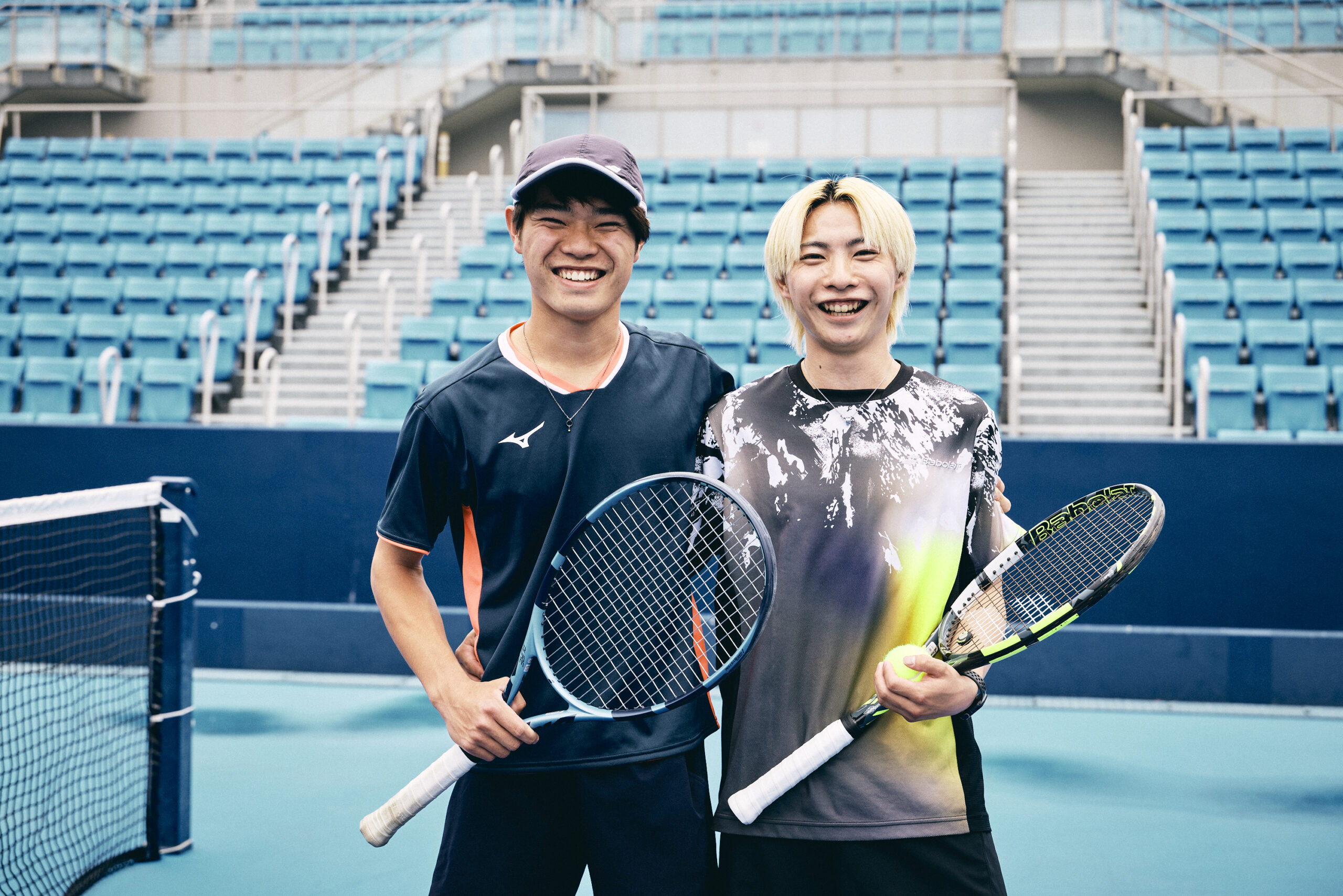
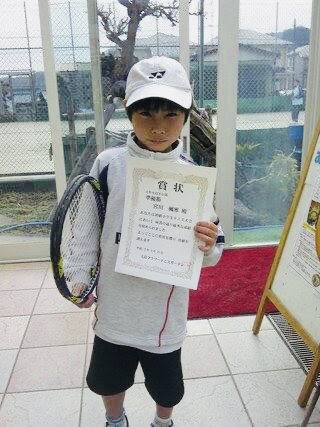
――How do you usually spend your days off?
I spend a lot of time riding motorcycles, shopping for second-hand clothes and sneakers, and doing things I like. Even on my days off, it’s enough just to get some sleep, so I go out as soon as I wake up and come back around 10 o’clock at night. Just the other day, I went bicycle touring with a childhood friend from day care to Shonandaira in Hiratsuka. The view from the mountain was very beautiful and healing.
――What kind of motorcycle do you ride? What made you fall in love with it?
I ride the Kawasaki ZRX400 blue motorcycle! I’ve always admired my father riding it, so I started riding it myself. My dad can be strict, but he’s really enthusiastic about what he loves. Even now, he goes out to play golf, which is his hobby at 4 a.m., and I think that’s what I like about him, and I’ve been influenced by my father in many ways, including motorcycles.
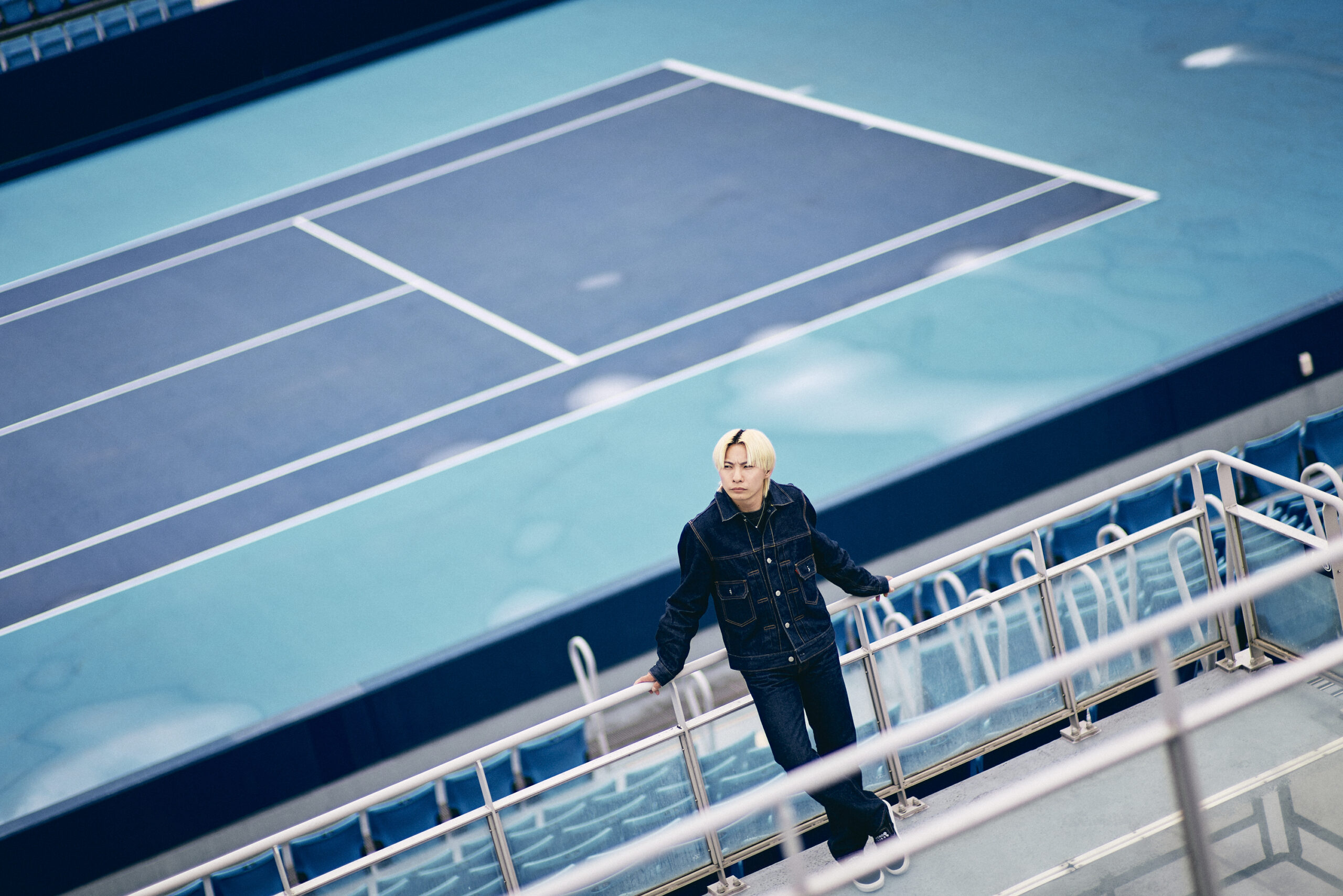

Bicycle touring is an important time to feel refreshed
――What kind of second-hand clothes and sneakers do you like?
I became obsessed with second-hand clothes when I was in high school, and I liked Levi’s denim because it was cool, but I couldn’t afford it at the time as it was expensive. But since I started working, I’ve been able to buy them, so I’m collecting them little by little. I do a lot of shopping in Kichijoji, but the other day I went to Nagoya to buy second-hand clothes (laughs). I like and collect sneakers from Air Jordans. I probably have at least 10 pairs of Nike sneakers alone.
――Like your father, you pour your passion into your hobbies on your holidays.
All my salary has disappeared into what I like. I probably spend more on that than on tennis equipment (laughs).
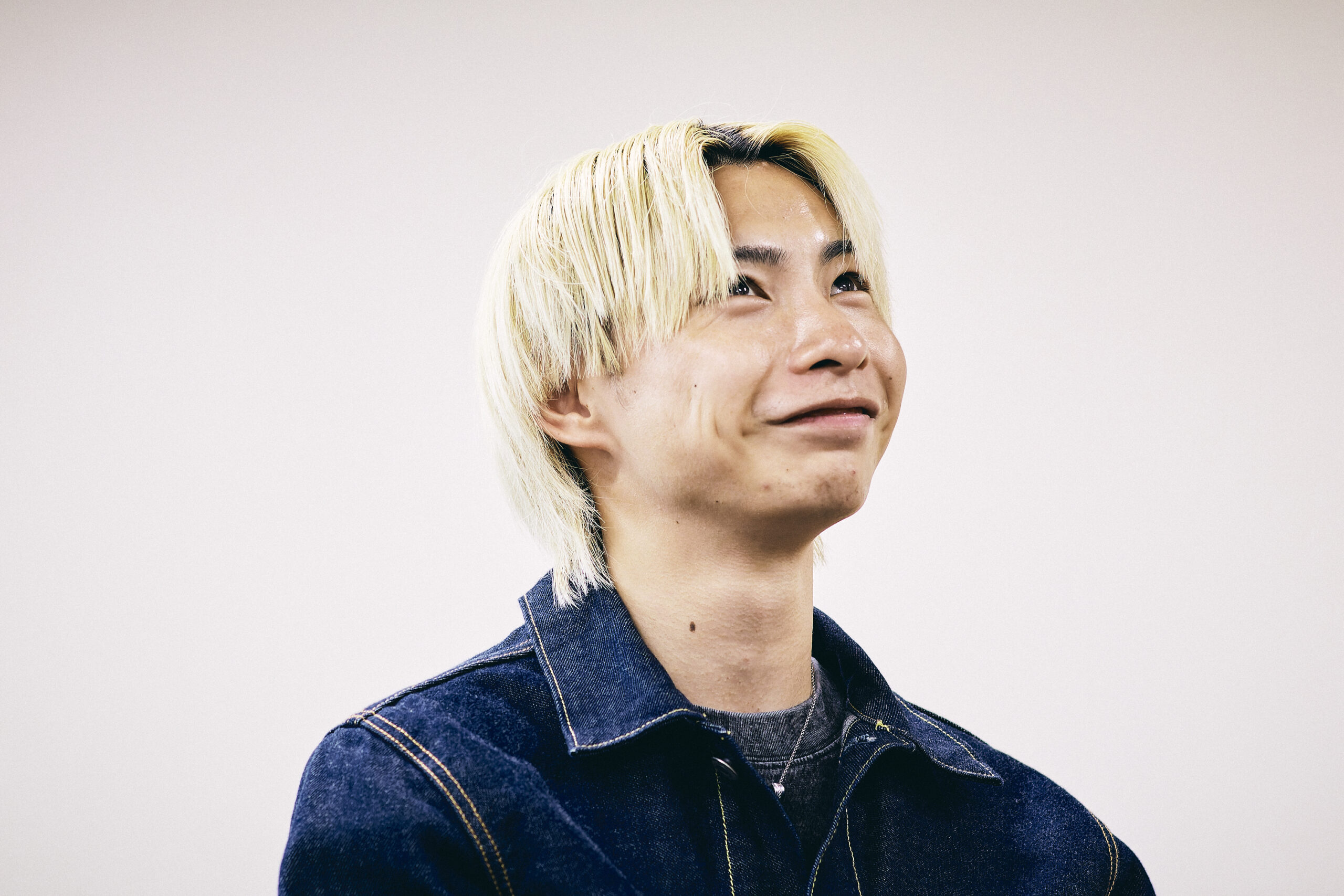
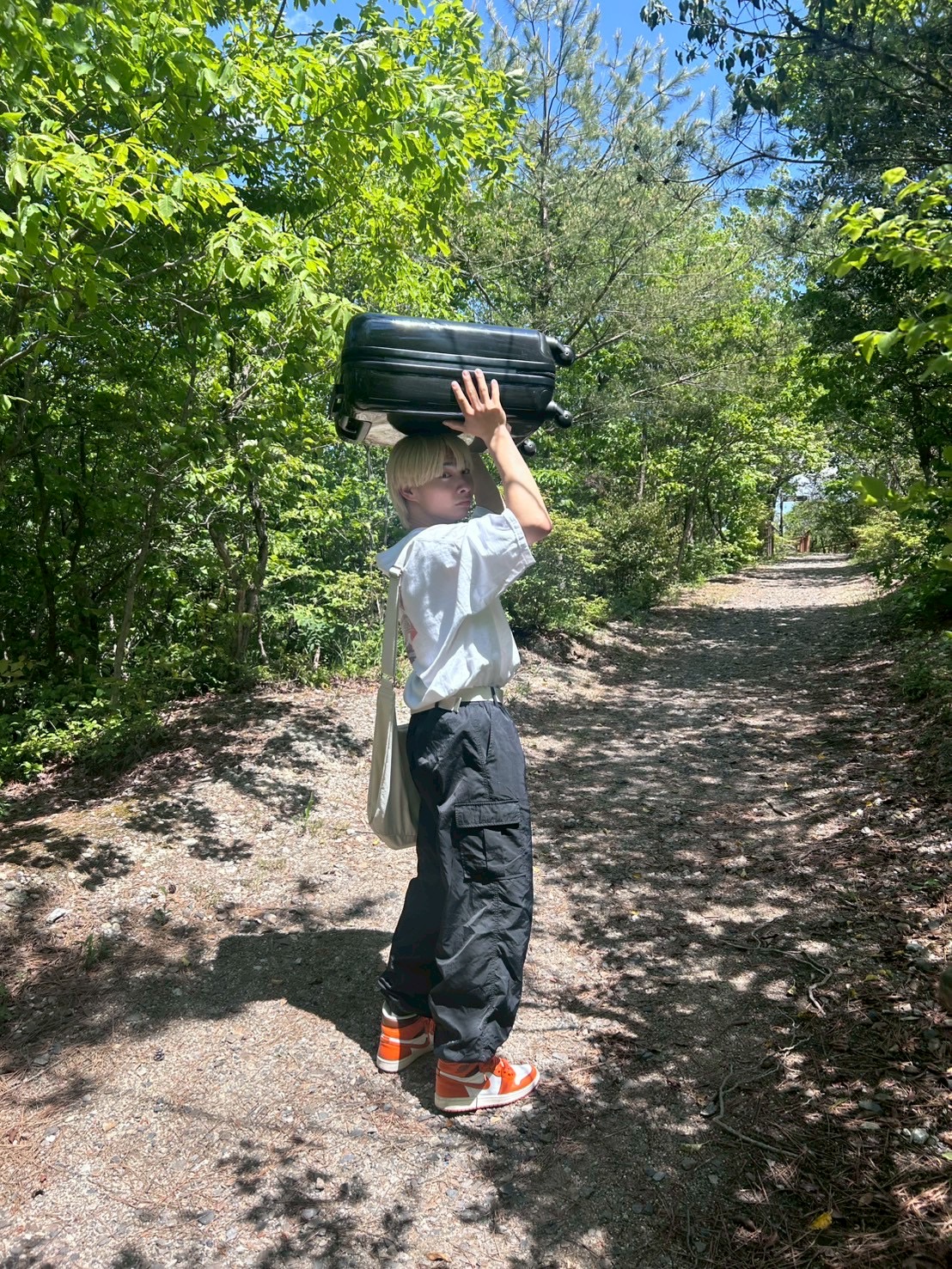
I become obsessed once I like it.
“Enjoying the festiveness” together!
――Do you usually listen to music?
I often listen to ONE OK ROCK’s “Perfect Sense Dreamer” before a match. I’ve loved ONE OK ROCK for over 10 years now, and I’m a member of the fan club and go to their concerts! There will be a live performance this year as well, so I hope I can win.
――Are there any foods that you’ve been addicted to lately?
I am addicted to Marlatan (numb spicy hot food). You can choose your own ingredients, noodles, and spiciness, but I liked it after a friend invited me to eat it. Basically, I like spicy food, and when I used to live alone, I used to put cheese in mochi kinchaku (Japanese rice cake in tofu pouch) and tame the spiciness with gochujang. Maybe my body is looking for stimulation (laughs).
――(laughs) Thank you very much for your time! Finally, do you have a message for readers who are looking forward to the Deaflympics?
I will be letting loose and having a lot of fun during the match, so I hope you can watch me (laughs). When I score a point, I’m surprisingly calm, but when I make a mistake, I naturally get excited. People around me may be wondering, “Why are you jumping with a smile on your face?”, but I think it’s my own way of moving on so that I don’t drag myself down next time. That’s why I would be happy if you could laugh with me at the venue. The Deaflympics are finally starting and I appreciate your support!




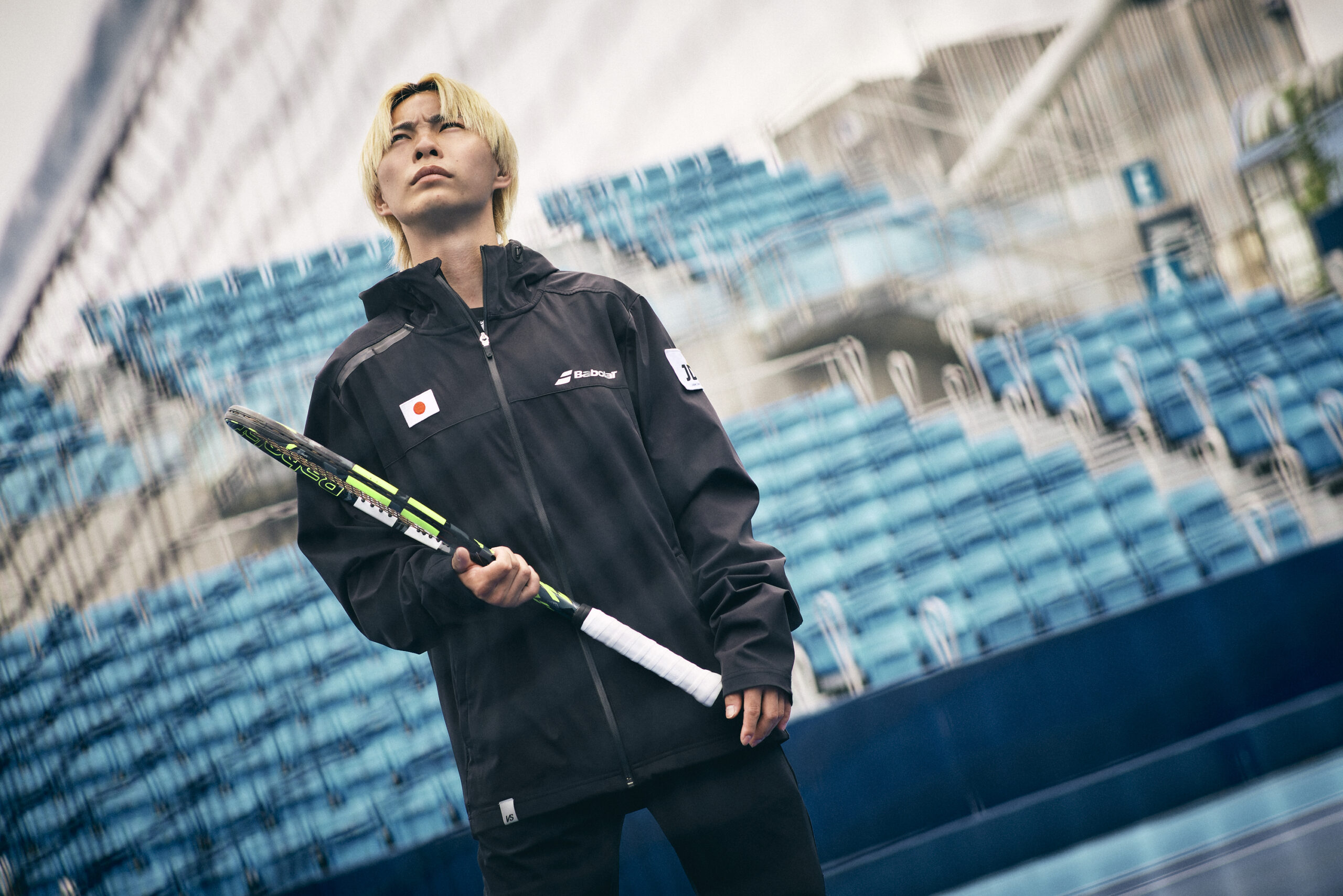
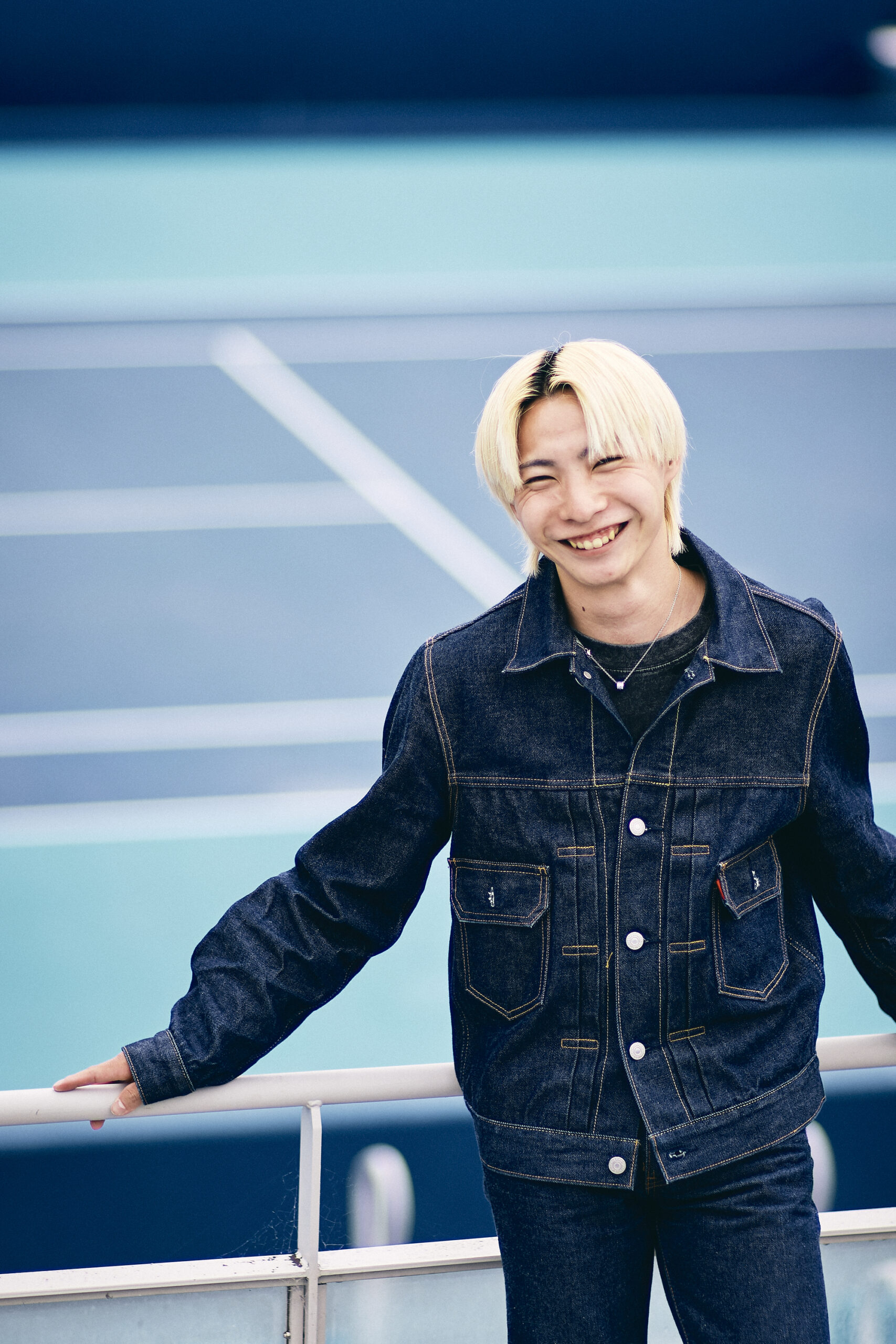
Instagram:10969fuga
text by Hiromi Hiraki
photographs by Uta Mukuo

